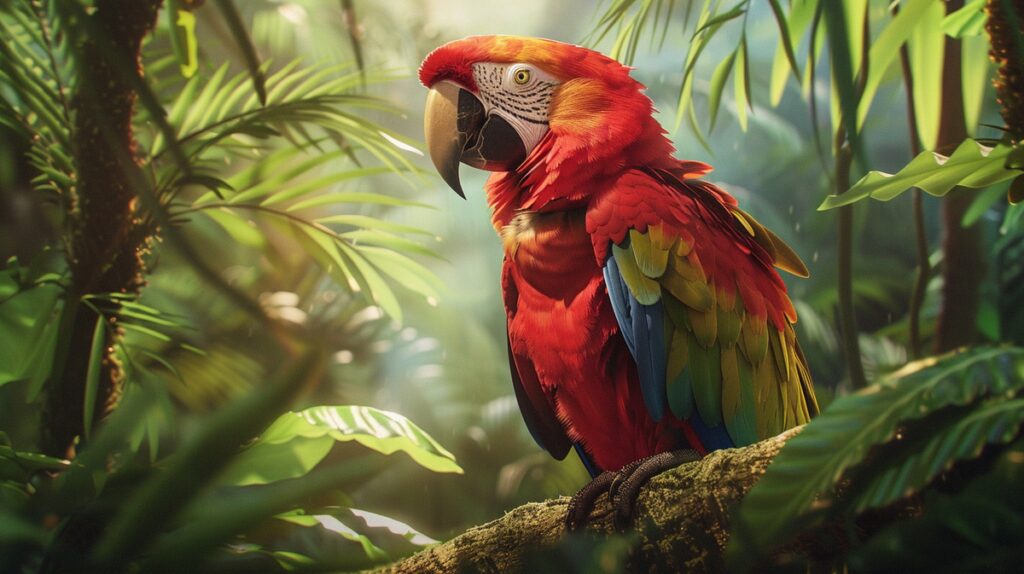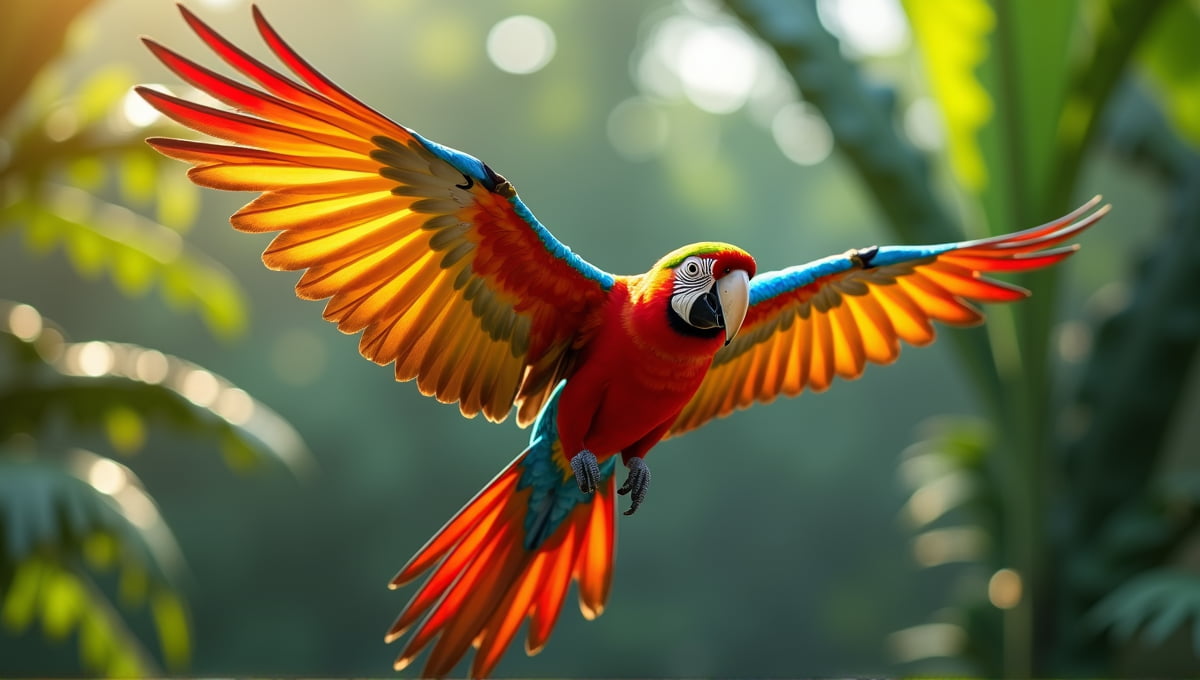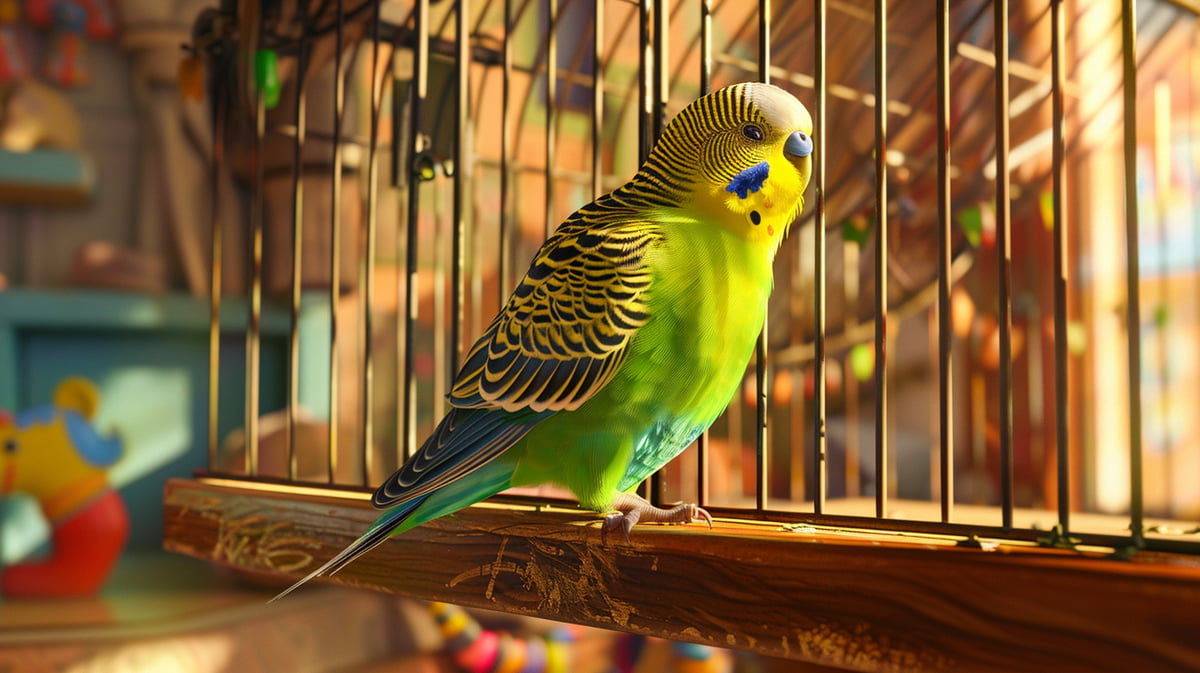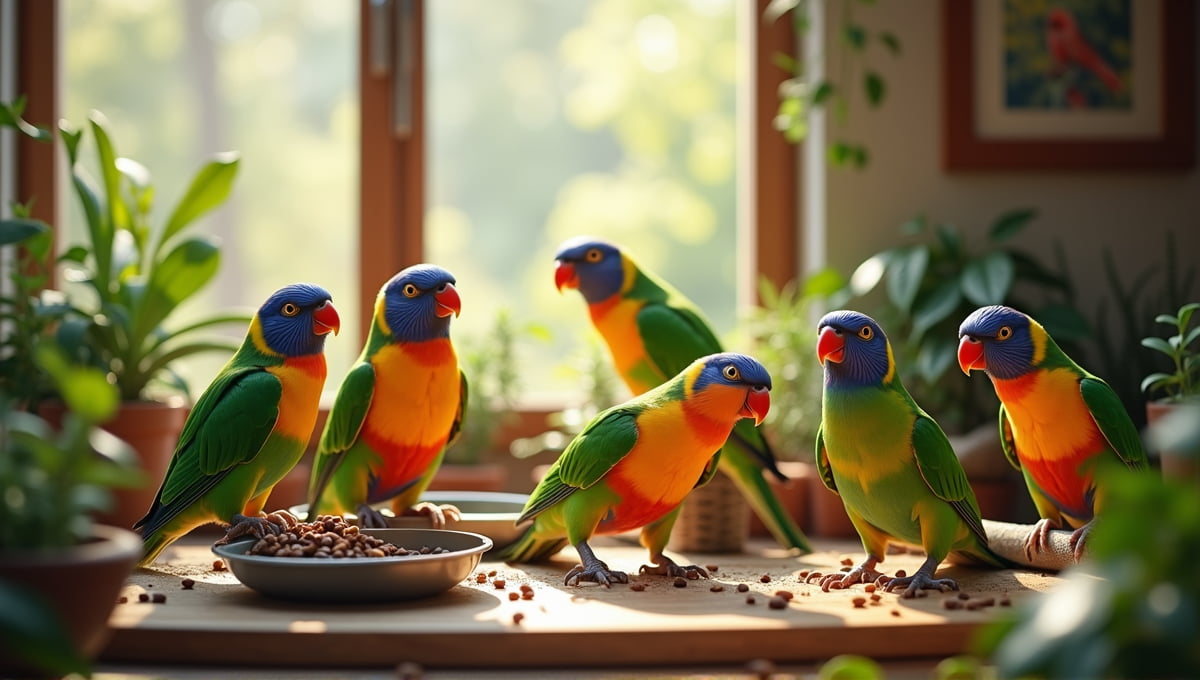Parrots are fascinating birds that have an impressive lifespan. I’ve been studying parrots as an ornithologist for over 20 years, and one of the most surprising parrot facts is that some species can actually outlive humans. Parrot lifespan are anywhere from 5 years to 75 years, depending on the species. The key to longevity is providing proper care for your bird.
Understanding Parrot Lifespan
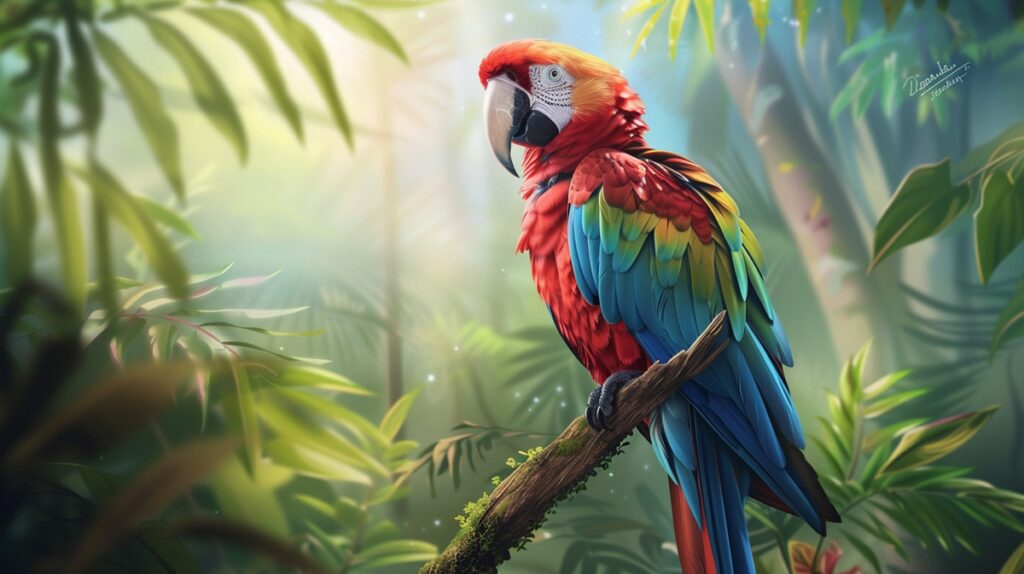
Parrots make wonderful pets. One of the first things many new parrot owners learn is that parrots live a very long time. I’ve studied these incredible birds for years and can tell you a few things about parrot longevity.
The lifespan of a parrot can vary greatly, depending on the species. For example, smaller parrots like budgies, parakeets, and cockatiels may live 8-15 years. On the other hand, larger parrots such as macaws and African greys can live for 25-50 years or longer. The oldest known parrot was a cockatoo that lived to at least 82 years!
There are a few different factors that affect how long parrots live. While genetics do play a role, diet, exercise, and general quality of care they receive are more important. With the right diet, mental stimulation, and regular vet checkups, you can add many years to a parrot’s lifespan.
Parrots live much longer lives when compared to other pets. Here’s a quick look:
- Parrot (larger species): 25-50+ years
- Dog: 10-13 years
- Cat: 12-18 years
- Hamster: 2-3 years
- Goldfish: 5-10 years
As you can see, a parrot lives decades longer than many other common pets. This long lifespan is yet another reason why bringing a parrot into your home is a lifelong commitment.
Parrot Species and Their Lifespans
The lifespan of different parrot species varies. Here’s a general range broken down by parrot size:
Small parrot species:
- Budgerigars (Parakeets): 5-18 years
- Cockatiels: 10-15 years
- Lovebirds: 10-15 years
Medium-sized parrot species:
- Conures: 15-30 years
- Quaker Parrots: 20-30 years
- Pionus Parrots: 25-40 years
Large parrot species:
- African Grey Parrots: 40-60+ years
- Amazon Parrots: 25-75 years
- Cockatoos: 20-60 years (depending on the species)
- Macaws: 30-50+ years (up to 70 years for some species)
There have been some exceptional cases of parrots living far beyond these ranges. For example, Charlie, a blue-and-yellow macaw, reportedly lived to be 114 years old. Another parrot named Cookie, a Major Mitchell’s cockatoo, lived to be 83 years old at the Brookfield Zoo in Chicago.
These are incredibly long lifespans, so getting a parrot is a major commitment. You’re not just adopting a animal; you’re taking on a companion that may outlive you.
Factors Affecting Parrot Lifespan
Diet and nutrition are one of the most important factors in a parrot’s lifespan. In my experience studying these birds, I’ve seen how the right diet (plenty of fruits, vegetables, and high-quality pellets) can dramatically impact their health. Don’t feed your parrot an all-seed diet, as it lacks important nutrients.
Environmental conditions are just as critical. Parrots need a clean, large cage with plenty of toys and perches. They also have a very short lifespan if they’re exposed to toxins from cigarette smoke or even non-stick cookware.
Exercise and mental stimulation are key to parrot health. These are incredibly intelligent birds that need daily out-of-cage flying, exploring, and playing. If you neglect this, your bird may face health and behavioral issues.
Regular veterinary care is also very important. Parrots can masterfully hide illness, so taking your bird for an annual check-up can help catch any health problems early when they’re more treatable.
Climate is also another factor that affects parrot health. Most species do well in a temperature range of 65-80°F (18-27°C) with moderate humidity. If the temperature or humidity is too extreme, your bird will experience stress that can impact its lifespan.
By addressing these factors, you can help ensure your parrot lives a long, healthy life. Remember, every single care decision you make influences your parrot’s longevity.
Parrot Growth and Development

Parrot development is an interesting process, as these birds progress through various stages from hatchling to adult. Knowing the stages can help you ensure you provide the best care for your parrot at each stage of its life.
Hatchlings are blind and featherless when they hatch. They rely completely on their parents for the first few weeks of life. As hatchlings grow, they begin to develop pin feathers and their eyes open. This stage is critical for establishing proper development.
Fledglings are the next stage as they start to venture out of the nest. They are learning to fly and becoming more self-sufficient. This is the phase where parrots begin to display their individual personalities.
The age at which a parrot reaches sexual maturity varies significantly from species to species. For example, smaller species like budgies can reach sexual maturity in as little as six months. Larger species like macaws can take up to six years to reach sexual maturity. Note that this isn’t the age at which the parrot is fully grown; many parrots continue to develop for several years beyond this stage.
Growth stages will impact the parrot’s lifespan. Providing proper nutrition and care during the early stages of a parrot’s life sets the bird up for a long and healthy life. If a parrot experiences malnutrition or disease at these earlier stages, it can impact the bird for the rest of its life.
There are more than 350 different parrot species, and each species has its own unique growth pattern. Some species of parrots will continue to grow and develop well into adulthood. This continuous development is one of the reasons why parrots live so much longer than other companion animals.
Extending Your Parrot’s Lifespan
Good nutrition is essential for a long, healthy parrot life. Feed your parrot a diet of high-quality pellets and fresh vegetables and fruits. Avoid foods and treats that are high in fat, sugar, and salt. And always make sure your parrot has access to clean, fresh water.
Creating a healthy living environment is also important. Your parrot’s cage should be large with a couple of different perches and plenty of toys. Keep the cage in a safe location, away from drafts and direct sunlight, and clean it regularly.
Parrots need socialization and mental stimulation to stay healthy. Spend quality time with your parrot every day, and give them puzzle toys and foraging opportunities to keep their mind busy. If your bird is bored, they can become unhealthy and have various behavioral issues.
Regular health checkups are key. Schedule an annual vet visit for your bird, even if it seems healthy. Birds are good at hiding illness, so preventive care goes a long way. Also, make sure to keep up with vaccinations and any treatments your vet recommends.
Your parrot also needs exercise to maintain a healthy weight. Let your parrot out of the cage each day, so it can fly and explore. Flying is key to preventing overweight and related health problems.
Never expose your parrot to toxins. Cigarette smoke, household cleaners, and non-stick cookware fumes are all deadly to birds.
If you follow these tips, you’ll help your parrot stay healthy and live for many years. And always remember that every day of proper care adds up to a longer life for your feathered friend.
Signs of Aging in Parrots
As parrots become seniors, they experience physical changes. Their feathers might appear less vibrant and their skin drier. You may observe differences in their nails and beak and may need to trim them more frequently.
Older parrots commonly exhibit behavioral changes. They might be less active and sleep more. Some older parrots become more relaxed, while others become more grumpy. These changes are normal, though if you notice any sudden, significant changes in behavior, take your parrot to the vet.
Arthritis, cataracts, and heart disease are common health problems in elderly parrots. Vet check-ups become even more important as your parrot ages. Regular check-ups allow early detection of these conditions so you can help keep your parrot comfortable.
Adjusting to care for senior parrots is also important. You might need to change the setup of its cage to make it more accessible. Softer foods and extra warmth can be beneficial for your aging parrot. If your parrot has mobility issues, provide a ramp to its favorite perch.
Many older parrots also experience hearing and vision loss. If your parrot seems to startle more easily or flies into objects, it may be losing its sight or hearing. Your vet can help you adapt and continue to help your parrot enjoy a high quality of life.
Remember, aging is a natural process. Be sure to provide the best care you can to help your senior parrot enjoy its golden years.
Finishing Off
Parrots are a long-term responsibility. These are very intelligent animals that can live for many decades when cared for properly. So, focus on providing a healthy diet, stimulating environment and scheduled vet visits.
They are likely to age, so prepare to adjust care instructions. With a little care and affection, you can look forward to many more years together. It’s up to you to keep your parrot healthy and happy for as many years as possible. So make each day count!


